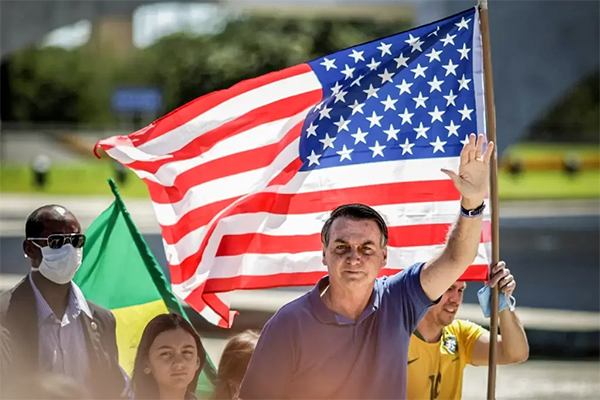
Inauguration of a Fusion Center of Multinational Intelligence gathering located next to the pristine Iguaçu Falls—a long-held dream of the U.S. Embassy—is a case in point
“The U.S. has been a huge partner to Brazil in this project and others as well and we’re taking advantage of the model that has been built”
—Sergio Moro, Brazil’s ex-Minister of Justice and former federal judge speaking about the establishment of the Fusion Center, a high-tech intelligence hub located along the Triple Frontier in the city of Iguaçu Falls.
Iguaçu Falls—South America’s Triple Frontier borderlands separating Brazil, Paraguay, and Argentina—is best known for its natural beauty. Iguaçu Falls is its premiere postcard. From a height of 195 meters, roughly 1,500 cubic meters of water cascade downward every second into the Iguaçu River. Picturesque and surrounded by lush greenery, tourists from the region and throughout the world stroll across looped boardwalk bridges above the falls, crisscrossing between the three countries. The scene could not be more idyllic. However, apart from Iguaçu’s premium travel and tourism attractiveness, a UNESCO World Heritage site, the Triple Frontier represents important geopolitical implications within and beyond the South American giant.

Iguaçu Falls is also home to Itaipu Dam, the world’s second largest hydroelectric power generation plant, after the Three Gorges Dam in China. With 20 generator units and 14,000 MW of installed capacity, it provides approximately 15% of the energy consumed in Brazil and 86% in Paraguay.
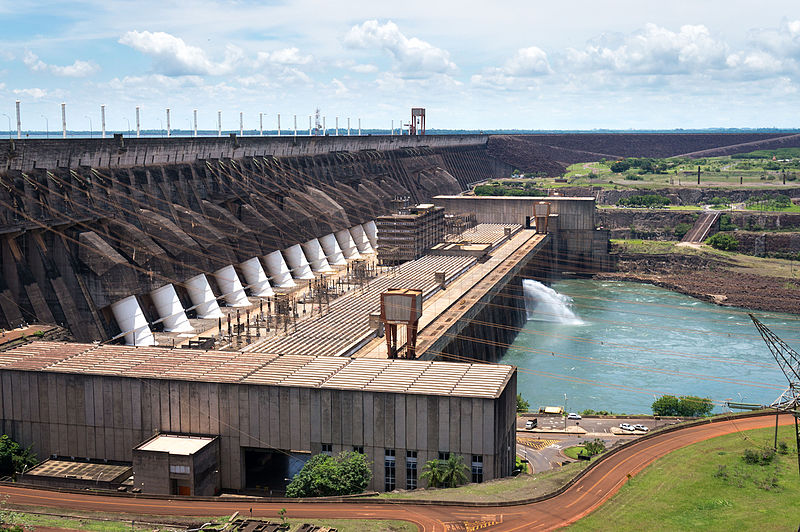
A Triple Frontier Background
Historically, the Triple Frontier region, originally known by its indigenous Guarani name, Iguaçu, which means “great river,” marks colonial demarcations in mainland Latin America’s southern cone. Borderlands separating Brazil, Argentina and Paraguay harken back to the War of the Triple Alliance (euphemistically referred to as the Paraguay War). In the deadliest multinational conflict Latin American history has ever witnessed, Brazil, Argentina, and Uruguay ganged up and abandoned any degree of restraint in pummelling their regional neighbor, Paraguay.
Lasting, officially, from 1865 to 1870, it is estimated that Paraguay, one of only two Latin American countries with an official Indigenous language—Guaraní—lost an estimated two-thirds of its total population by war’s end. Ninety percent of the death toll was male.
Argentina’s and Brazil’s militaries would occupy the defeated country for the next six years. During the course of the invasion, Paraguay would lose up to 40% of its territory to its neighbors. Also, war-time debt incurred by Paraguay was not absolved until the next century when, in 1943, Brazilian President Getúlio Vargas pardoned its neighbor’s indemnities.

Iguaçu-USA?
In recent years, the Triple Frontier has become the object of growing interest to the United States’s intelligence community. On December 16, 2019, the Centro Integrado de Operações na Fronteira (Integrated Border Operations Center), also known as the Fusion Center, was inaugurated. Located in the Parque Tecnológico da Usina de Itaipu in Iguaçu Falls, the high-tech intelligence hub is a long-standing dream of the U.S. Embassy in Brasilia.
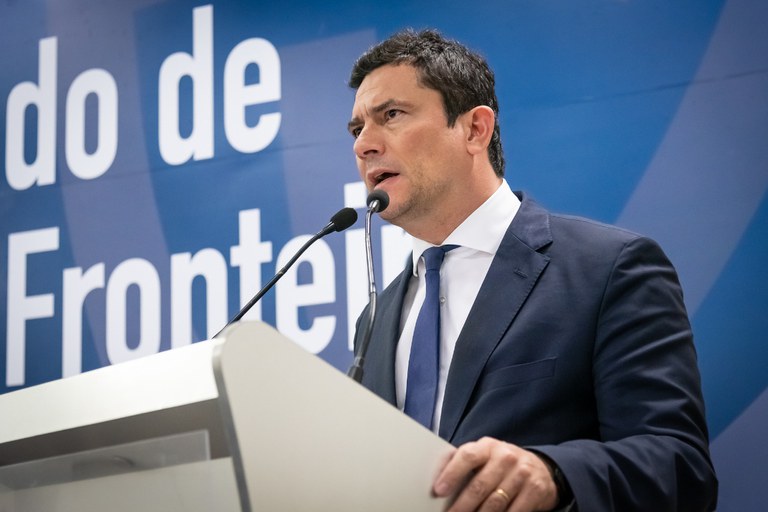
The governments of Luíz Inácio “Lula” da Silva (2003-2011) and his successor, Dilma Rousseff (2011-2016), both members of the Workers’ Party (PT), paid little mind, at least not officially, to pressure exerted by U.S. authorities to lend their support to establish the Fusion Center.
In June 2008, U.S. Ambassador to Brazil Clifford M. Sobel wrote a diplomatic cable admonishing Lula’s administration for [translated from Portuguese]: “refusing to classify, either officially or rhetorically, groups considered by the United States to be terrorists such as [Palestinian] Hamas, [Lebanese] Hezbollah, and [the Colombian guerrilla] FARC” (“se recusa a classificar, de forma oficial ou até retórica, grupos considerados terroristas pelos Estados Unidos, como o [palestino] Hamas, [o libanês] Hezbollah e [a guerrilha colombiana] Farc”), operating in the Triple Frontier region.
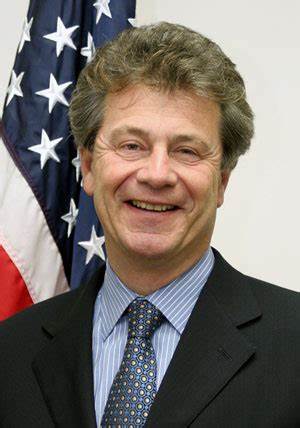
In relatively short order, the Fusion Center was established after a succession of events that altered Brazil’s political course from Lula and Dilma’s administrations to the now incumbent President Jair Bolsonaro.
Paving the Way
First, Dilma was impeached from office in August 2016. Many viewed her removal as a parliamentary coup orchestrated by PT adversaries incapable of winning presidential elections over the past 13.5 years.
Second, an insatiable anti-Lula media campaign, followed by a lawfare blitz resulted in the former president’s imprisonment in April 2018. Lula’s detention occurred while he was leading in all polls for that year’s presidential election. Accusations of corruption and money laundering against him were considered by jurists and legal scholars to be a clear-cut case of lawfare—maneuvers to attack, undermine, weaken and unseat governments in the region (i.e., Bolivia, Argentina, Paraguay, Peru, etc.).
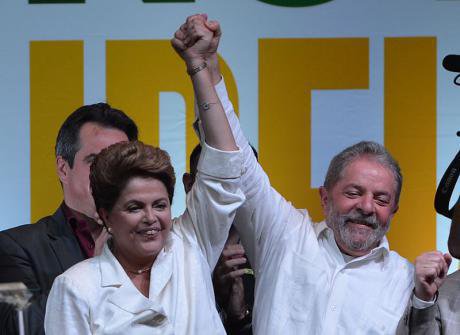
Following Lula’s imprisonment, his presidential candidacy subsequently nullified by Brazil’s Electoral Justice Department, came the meteoric rise and election of his main political rival, Jair Bolsonaro. Days after he was sworn into office, Bolsonaro named Sergio Moro, the federal judge who condemned Lula to 12 years and 11 months in prison, as the country’s new Minister of Justice, payback, many argued, for putting his main political rival behind bars. The change of government and, more importantly, political project gave way to a series of talks between high-ranking Brazilian and U.S. officials aimed at strengthening and broadening ties among their security departments and, ultimately, establishing the Fusion Center.
Shortly after assuming his new ministerial role within Bolsonaro’s government, Moro’s approximation to the FBI became increasingly evident. High-level meetings were held between the two sides and, unlike Brazil under PT’s leadership, overall support for the Fusion Center quickly progressed.
Meetings and Discussions:
On July 18, 2019, David Brassanini, head of the FBI in Brazil since August 2017, met with Filipe Martins at the Palácio do Planalto, the official workplace of Brazil’s president. Martins is a special adviser to President Bolsonaro and, along with the head of state’s son, Eduardo, a major influencer of Brazil’s foreign policy.
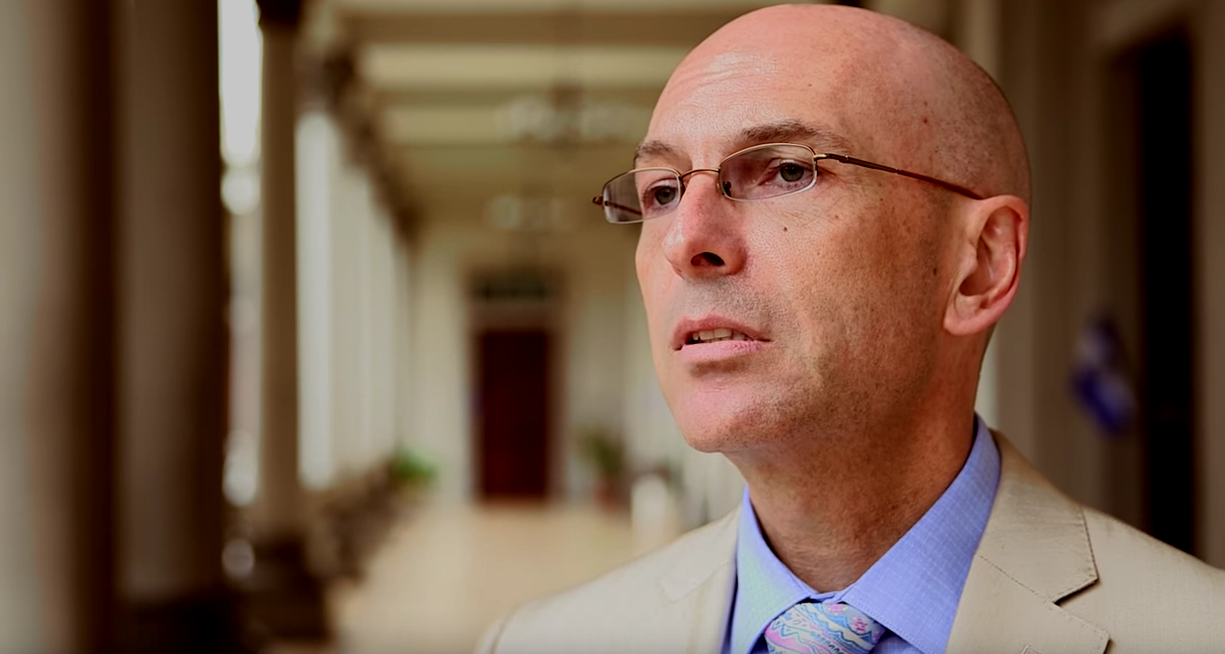
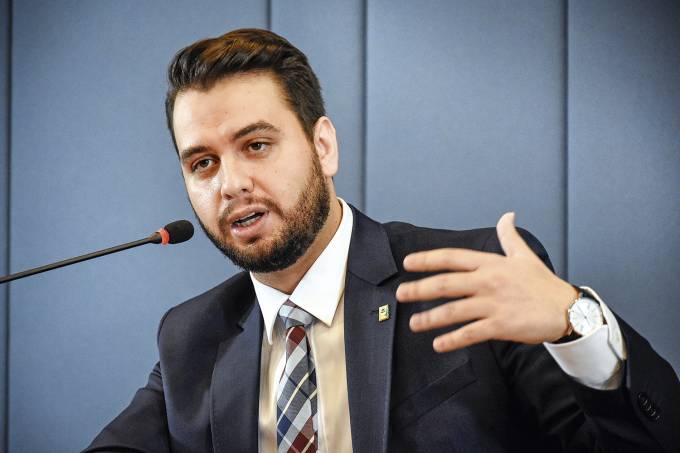
On August 12, 2019, Brassanini met with a board of director member of Teaching and Statistics at the Ministry of Justice; the Ministry of Justice’s head of Integrated Operations, Rosalvo Ferreira; Anti-Crime General-Coordinator Rodrigo de Sousa Alves; director of SEBIN (Brazil’s intelligence agency) Fábio Galvão da Silva Rêgo; and other high-ranking Brazilian officials.
He was accompanied by the U.S. Embassy’s Regional Security Attaché, as well as a delegation of special agents from the U.S. State Department’s Diplomatic Safety Service. According to the official registry, the meeting involved talks about partnerships related to biometric data sharing and the creation of the Fusion Center.
On March 18, 2019, Bolsonaro took his first official trip abroad, to Washington, D.C. During his visit the U.S. and Brazil signed an agreement guaranteeing the sharing of biometric data of criminal and terrorist suspects for investigative purposes.
The agreement did not specify the terms of who is deemed a terrorist, simply stating that there only needs to be “reasonable suspicion that they are a terrorist.” It goes on to define criminals as anyone who has received a judicial sentence of more than one year in prison.
After receiving the biometric data, the FBI forwards the information to U.S. national databases, allowing other federal and state agencies full access to the information. Moro and the then director of Brazil’s federal police, Maurício Valeixo, accompanied Bolsonaro on the trip where the new Minister of Justice convened with the head of the FBI, Christopher A. Wray.
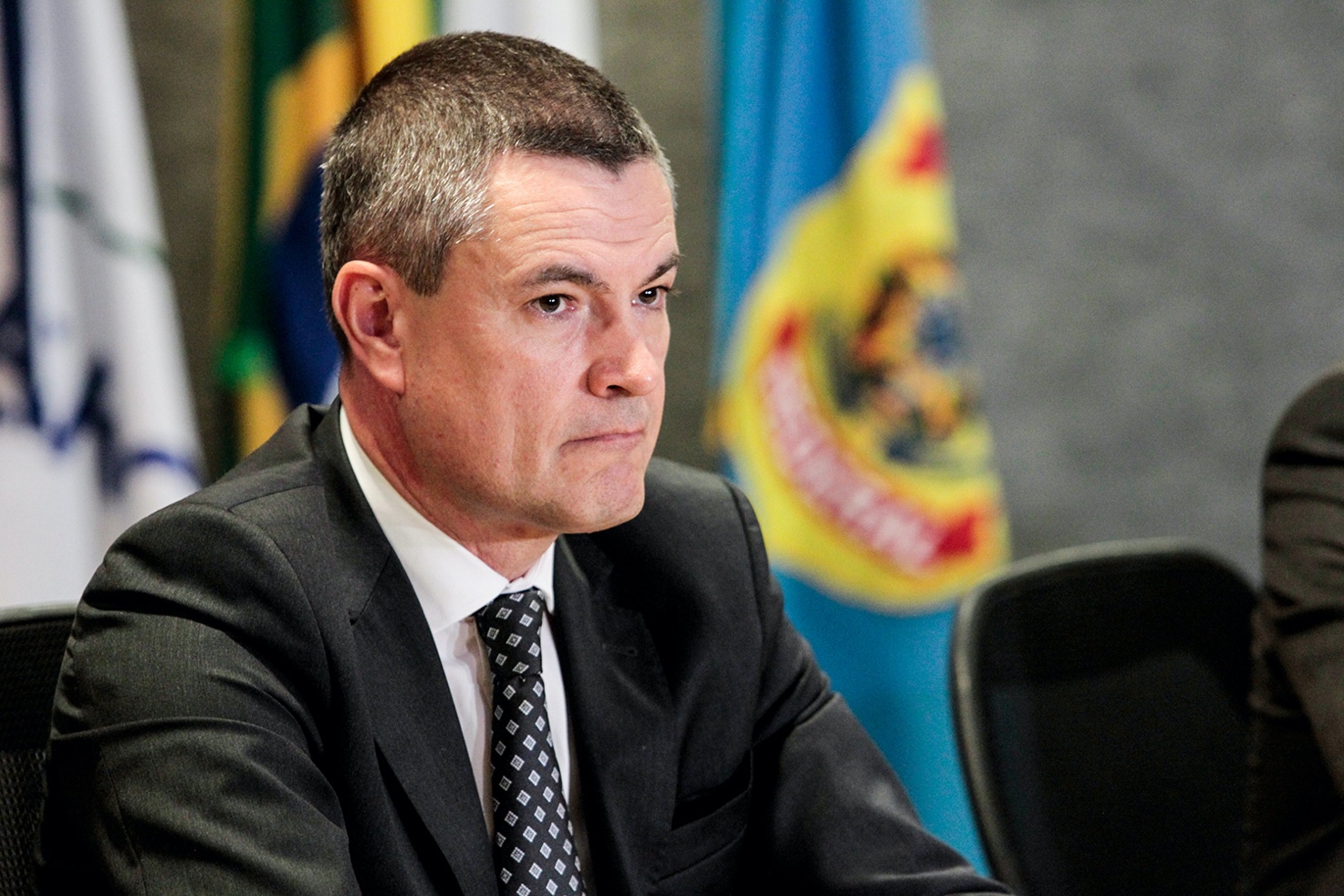
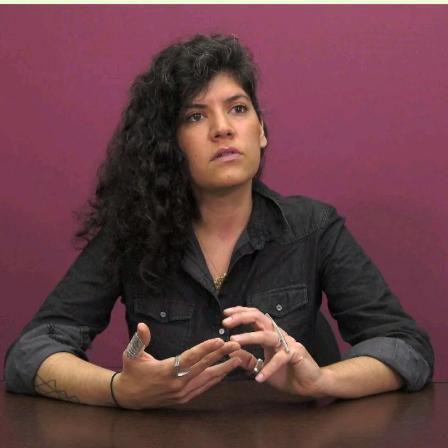
Joana Varon, director of Coding Rights, an organization that defends personal data privacy, criticized the agreement signed between the U.S. and Brazil. “Bolsonaro’s government implements policies that are completely subservient to the U.S. government;” she said, adding that such “police cooperation agreements involving sensitive data sharing, such as biometric data, requires more specificity and delimitations. This guarantees that the information exchange is truly necessary and proportional for the intended purposes, especially considering the political moment we live in.”
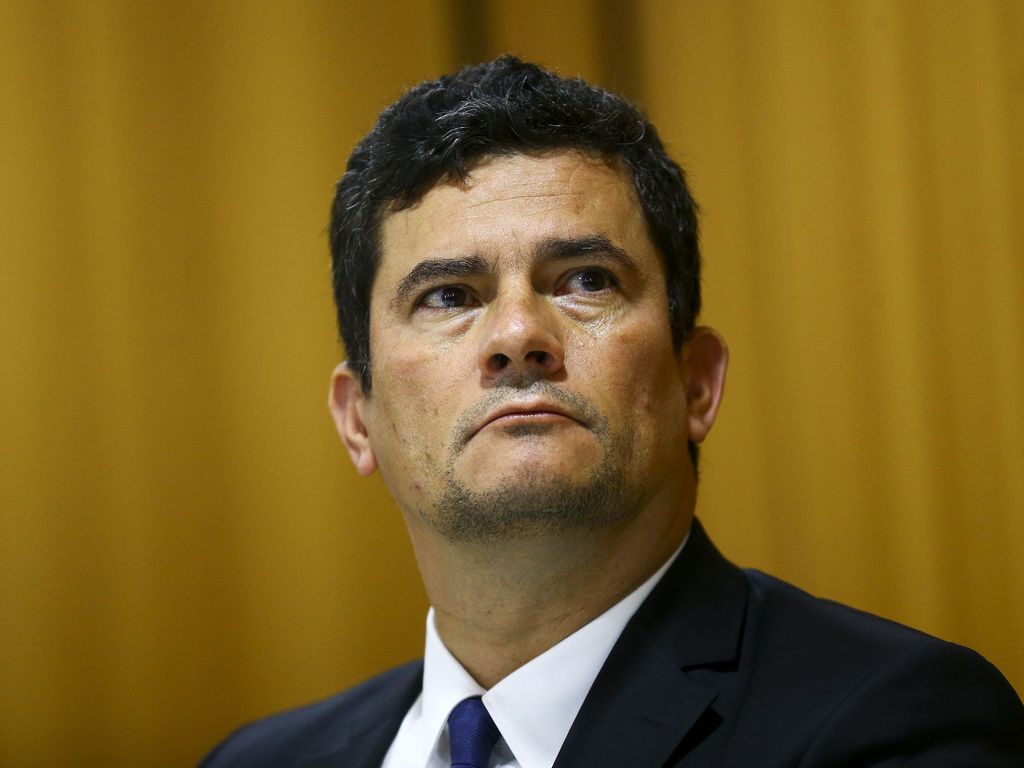
As far back as 2004, former director of the FBI in Brazil, Carlos Costa, stated that the bureau was conducting operations in the country. Testifying before the Public Prosecutor’s Office (MPF), he confirmed that the FBI financed and directed Brazilian Federal Police operations, resulting in their “subordination to U.S. authorities.”
- On June 25, 2019, during another visit to the U.S. accompanied by Valeixo, Moro visited the FBI’s Joint Combat Task Force Against Terrorism.
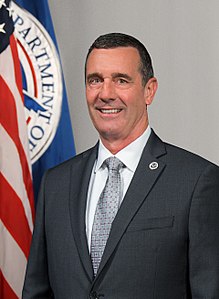
In September 2019, Moro spoke about the establishment of the Fusion Center with a U.S. delegation hosted at Brazil’s Justice Palace in Brasilia. In attendance was David P. Pekoske, who became Secretary of the Department of Homeland Security in January 2021.
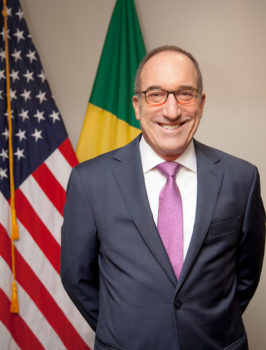
- In November 2019, Brassanini and U.S. consul Adam Shub, as well as several FBI agents, received a private tour, led by Moro, of Fusion Center installations under way. “The U.S. has been a huge partner to Brazil in this project and others as well and we’re taking advantage of the model that has been built,” Moro said. “We asked for assistance in training and equipment.” The then Justice Minister emphasized that, apart from members of Brazil’s security and intelligence agencies, “(police) attachés from other countries” will work at the intel hub.
- Shortly after the Fusion Center’s inauguration Brazil signed an agreement with Paraguay, Uruguay and Argentina, allowing each country’s police force to cross Brazil’s border, and vice-versa, while pursuing suspects. That same week, the FBI announced the creation of a special anti-terrorist and anti-drug force in Paraguay (Reuters).

Fast-Forward: 2022 General Elections
While media in and outside Brazil focused on the country’s presidential election as if it were a zero-sum game, a host of other key candidates involved in the corrupt evolution of the Car Wash investigations fared as well and even better than Bolsonaro in the first-round votes.
As reward for serving as Minister of Justice during Bolsonaro’s administration, as well as convicting Lula on false charges of corruption and money-laundering during his tenure as federal judge presiding over the 13th Federal Court of Curitiba, voters in the state of Paraná elected Sergio Moro to be their next senator.
Their ballots defied all pre-election state polls which predicted Senator Alvaro Dias’s certain re-election. However, when the final votes were tallied, Moro had received 33.59% of the ballots cast. Dias received just 23.87%.
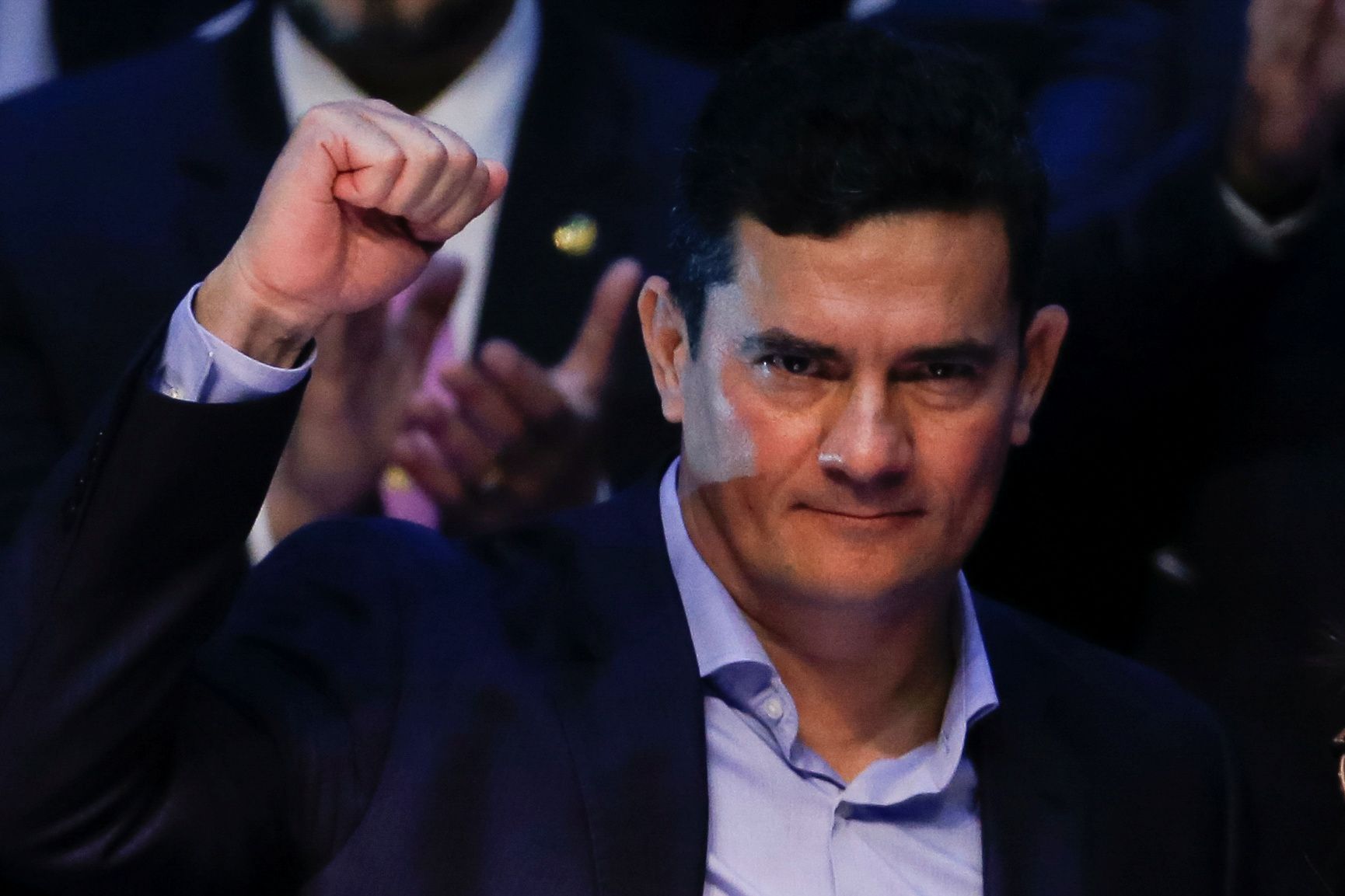
“I have confronted organized crime,” said Moro during his victory speech. “We’ve implemented programs that have led to an unprecedented reduction in the number of crimes and impunity in Brazil. I want to resume these battles and with the same dedication, fight to improve the lives of people by providing policies geared toward health care, rent and education.” Moro concluded that he believes that he will be able “to contribute more to the country…by serving in the Senate.”
The state of Paraná also elected Deltan Dallagnol, an ex-federal prosecutor and former head of the Car Wash Task Force in Curitiba, to Congress. Lula’s legal team has accused him of abuse of power related to the former president’s legal woes.
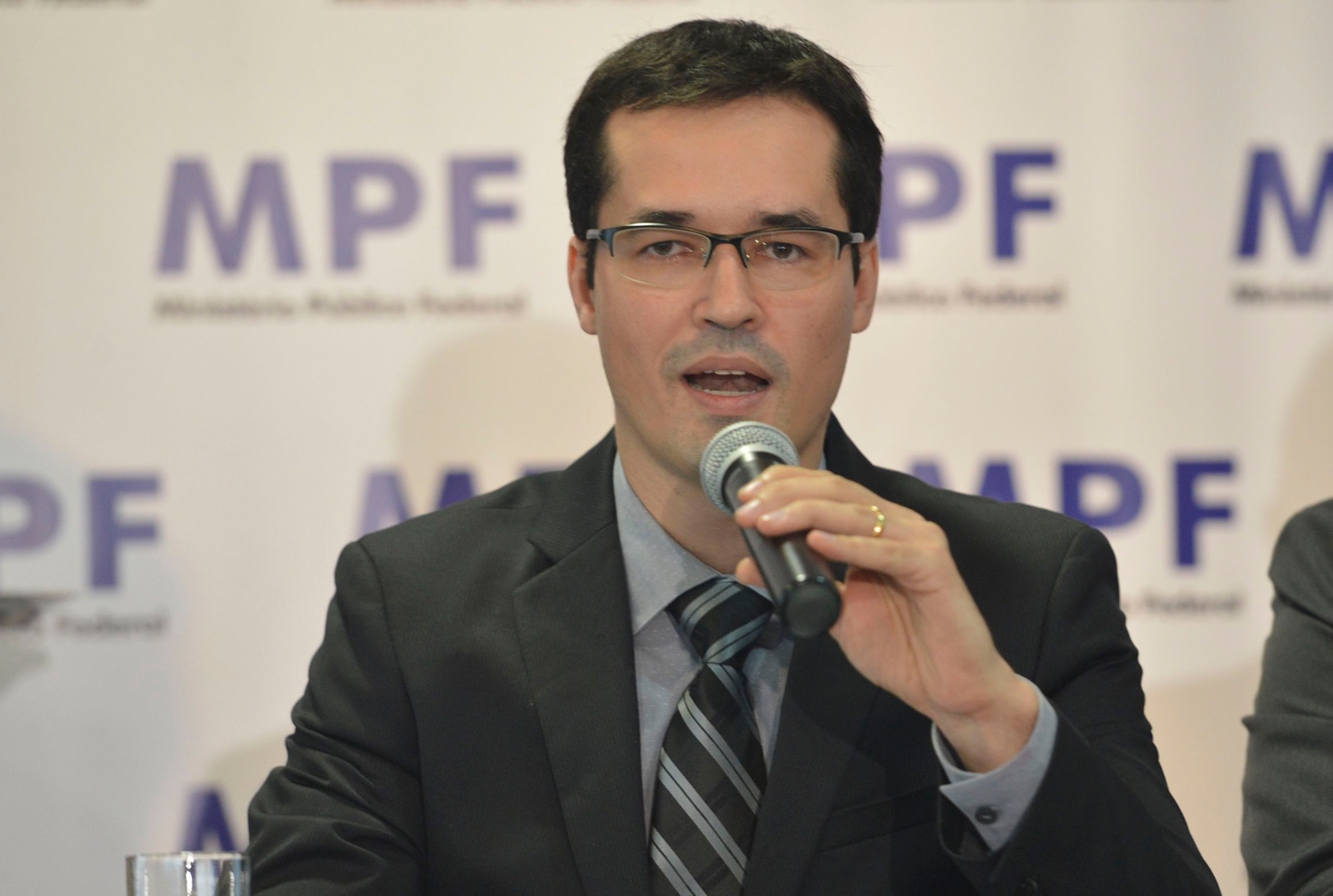
In 2016, during a press conference broadcast on national TV, Dallagnol accused Lula of corruption and being the ringleader of a criminal organization via a PowerPoint presentation. Apart from providing no proof to support his claims, the PowerPoint had grammatical errors and resembled a solar system with numerous corrupt planets rotating around an almighty corrupt sun titled “Lula.”

If that were not enough, Moro’s wife, Rosângela Moro, was also elected to Congress for the state of São Paulo. Following her victory she tweeted that Congress is forming “its first anti-corruption caucus.” Brazil’s incoming Congress has been described as, “without a doubt, more conservative and radical,” the most right-wing representatives to be seated ever since Brazil’s re-democratization process (1984).
Hence, the state of Paraná, home to Iguaçu Falls, Itaipu Dam, and the Fusion Center, proved no exception in the October 2nd first-round general election.
Stay tuned for Part 2 which will include more election coverage.

CovertAction Magazine is made possible by subscriptions, orders and donations from readers like you.
Blow the Whistle on U.S. Imperialism
Click the whistle and donate
When you donate to CovertAction Magazine, you are supporting investigative journalism. Your contributions go directly to supporting the development, production, editing, and dissemination of the Magazine.
CovertAction Magazine does not receive corporate or government sponsorship. Yet, we hold a steadfast commitment to providing compensation for writers, editorial and technical support. Your support helps facilitate this compensation as well as increase the caliber of this work.
Please make a donation by clicking on the donate logo above and enter the amount and your credit or debit card information.
CovertAction Institute, Inc. (CAI) is a 501(c)(3) non-profit organization and your gift is tax-deductible for federal income purposes. CAI’s tax-exempt ID number is 87-2461683.
We sincerely thank you for your support.
Disclaimer: The contents of this article are the sole responsibility of the author(s). CovertAction Institute, Inc. (CAI), including its Board of Directors (BD), Editorial Board (EB), Advisory Board (AB), staff, volunteers and its projects (including CovertAction Magazine) are not responsible for any inaccurate or incorrect statement in this article. This article also does not necessarily represent the views the BD, the EB, the AB, staff, volunteers, or any members of its projects.
Differing viewpoints: CAM publishes articles with differing viewpoints in an effort to nurture vibrant debate and thoughtful critical analysis. Feel free to comment on the articles in the comment section and/or send your letters to the Editors, which we will publish in the Letters column.
Copyrighted Material: This web site may contain copyrighted material the use of which has not always been specifically authorized by the copyright owner. As a not-for-profit charitable organization incorporated in the State of New York, we are making such material available in an effort to advance the understanding of humanity’s problems and hopefully to help find solutions for those problems. We believe this constitutes a ‘fair use’ of any such copyrighted material as provided for in section 107 of the US Copyright Law. You can read more about ‘fair use’ and US Copyright Law at the Legal Information Institute of Cornell Law School.
Republishing: CovertAction Magazine (CAM) grants permission to cross-post CAM articles on not-for-profit community internet sites as long as the source is acknowledged together with a hyperlink to the original CovertAction Magazine article. Also, kindly let us know at info@CovertActionMagazine.com. For publication of CAM articles in print or other forms including commercial internet sites, contact: info@CovertActionMagazine.com.
By using this site, you agree to these terms above.
About the Author
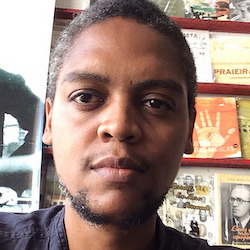
A former editor-at-large for African Stream and ex-staff writer at Telesur, Julian Cola is publishing a memoir of intimate, community-inspired stories titled “Proibidão (Big Prohibited): Off-Grid Correspondence From Brazil & Ecuador.”
The pre-launch is in December 2025. It includes media beefs and, having taught in the teaching-English-industrial-complex, the book discusses linguistic soft-power in the region and creative ways of dealing with it as mentioned in the essay, Listening To 2Pac In The Andes (Kawsachun News).
For more information contact: traducoessemfronteiras@protonmail.com











Having difficulty scrolling
[…] Bolsonaro Implements Policies Completely Subservient to U.S. government, by Julian Cola […]